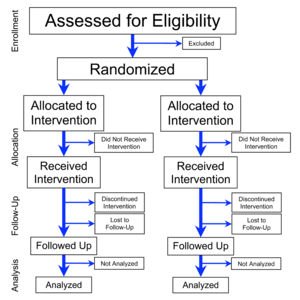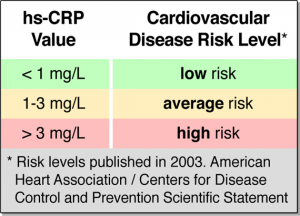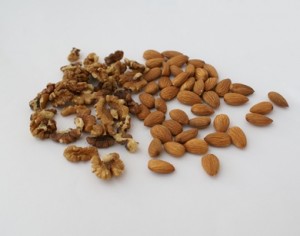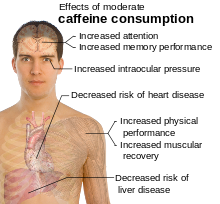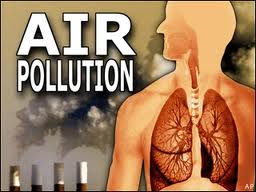Dr. David D. Waters of the University of California at San Francisco reported in Chicago at the American Heart Association’s Scientific Session 2002 about the WAVE trial. This stands for “Women’s Angiographic Vitamin and Estrogen” trial.
The results of this study were simultaneously published in the Journal of the American Medical Association(JAMA 2002;288:2432-2440). It was a “carefully designed randomized study” where 423 women with established blood vessel damage to their hearts (established by angiography) were put on a therapy and then followed for an average of 2.8 years. Essentially the question was whether or not estrogen (Premarine) and vitamins (Vit.E and C) would have a protective effect on the blood vessels. Surprisingly the worst outcome was in the group with estrogen replacement and vitamins. The placebo group (=no estrogen, only vitamins) had the lowest death rate. The authors felt that the beneficial effect of estrogen (speak “Premarine”) on heart vessels could not been verified in this study. The take home message to the physicians at the conference was that they should concentrate on lowering the known risk factors: weight reduction, blood pressure control, cholesterol lowering and increasing exercise. Estrogen should be given in low doses (Premarine 0.625mg per day) only to those women who are symptomatic with hot flashes, but not to every postmenopausal woman.
NOTE : This group of postmenopausal women is a selection of women more likely suffering from hyperinsulinism with a higher rate of cardiovascular disease (and also arthritis and possibly a higher risk for cancer as well). The most logical therapy for these women is to work on weight loss, to increase exercise and to change their diet to a zone diet as this is known to lower cholesterol. Hoping to cure these women with estrogen or vitamin manipulation alone does not make “medical common sense” to me. Also, those women who had not had a hysterectomy were not dealt with as a separate group, although they were put on medroxyprogesterone acetate (Prempro). This is called a “confounding bias” and should have been openly discussed, which it was not. This means the WAVE trial made waves, but it was not a properly designed randomized study.
You may want to read these useful related links to chapters of my free Internet based Nethealthbook: For links to arteriosclerosis, heart attacks and strokes see this link: http://nethealthbook.com/cardiovascular-disease/heart-disease/atherosclerosis-the-missing-link-between-strokes-and-heart-attacks/
For a link to hyperinsulinism follow this link:
http://www.nethealthbook.com/articles/hormonalproblems_diabetesmellitus.php
Last edited October 25, 2014
